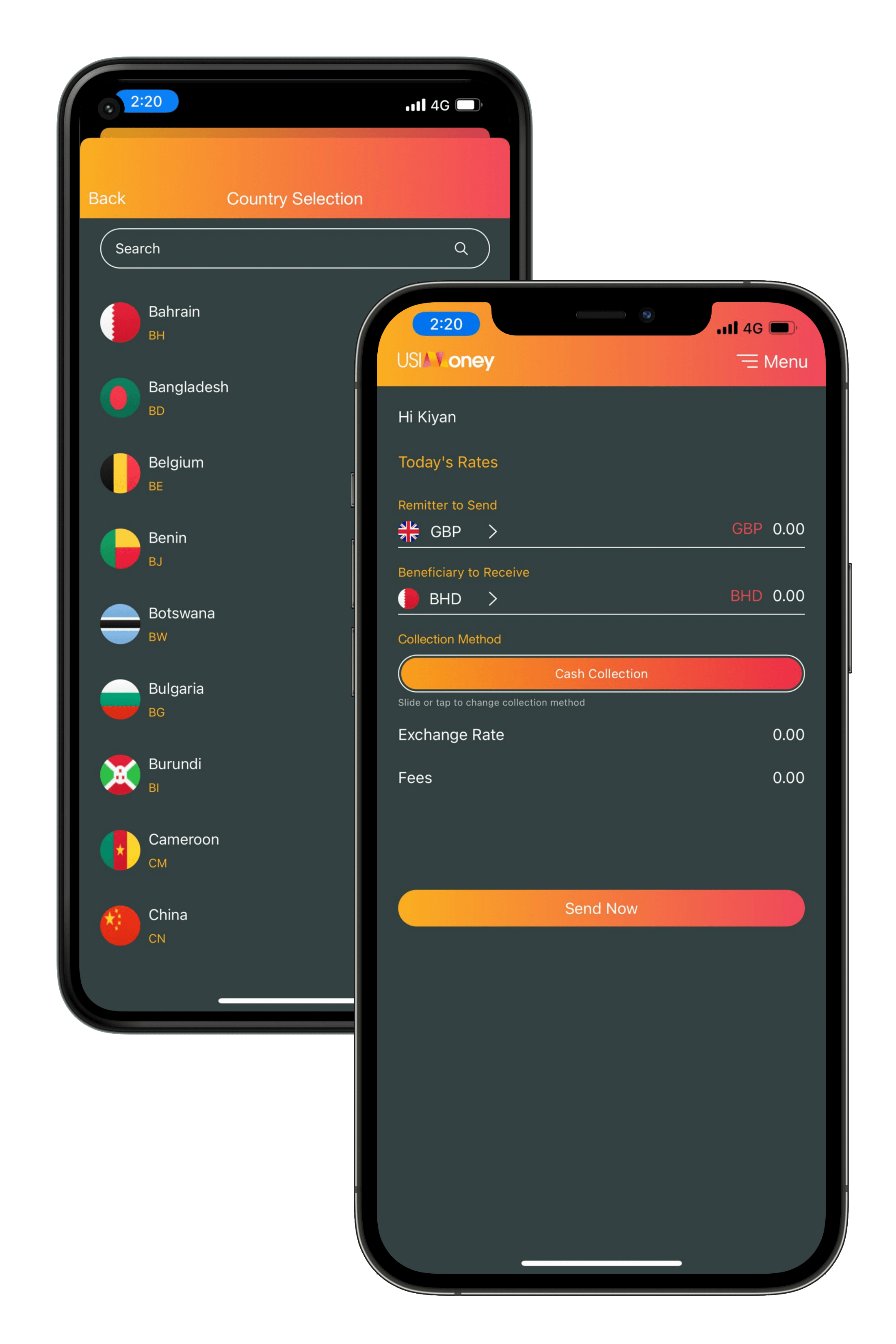
Yesterday evening, Theresa May’s Brexit plan faced a hefty defeat and did not stir the currency markets as much as was anticipated.
Jane Foley, head of foreign exchange strategy at Rabobank said, “Investors look forward to the next event. What they are seeing is no resignation from Theresa May. And that, perhaps, means time will not be lost,”
“The other thing that has really comforted investors is the fact that, although there will be a no confidence vote today, it looks as though Theresa May could well win it.
“Politically nothing much has really changed… and there doesn’t seem to be a will on either side for a no-deal Brexit.
On this news, the Pound continues to rise against the Dollar, standing at 0.2% at $1.2882, and is up around the same amount against the Euro at €1.1299.
Due to Brexit uncertainty, a rise in interest rates could be delayed from the Bank of England.
Senior economist at fund managers Hermes, Silvia Dall’Angelo, spoke on BBC Radio 4’s Today, stating that BOE had “missed its opportunity to hike rates”.
Mark Carney, Governor at Bank of England appeared before the Parliament’s Treasury Committee today.
He was questioned about the vote that took place in the Parliament last night and about how the market reacted.
He said according to the markets, a comeback in the Pound “appears to reflect some expectations that the process of resolution will be extended… and the prospect of no deal has diminished.”
Aside form Brexit uncertainty, the ONS announced that inflation fell to its lowest level in almost two years, standing at 2.1% in December 2018.
Mike Hardie from the ONS said “Inflation eased mainly due to a big fall in petrol, with oil prices tumbling in recent months. Air fares also helped push down the rate, with seasonal prices rising less than they did last year.”
“These were partially offset by small rises in hotel prices and mobile phone charges.”
